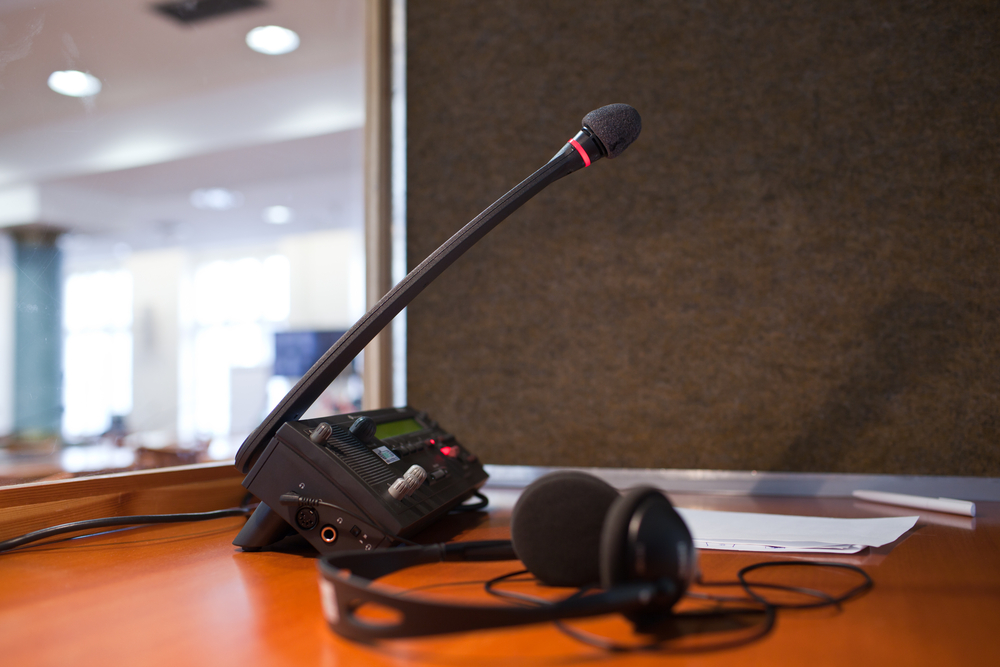Official interpreters angered by lower fees, privatisation

There is unease in the world of government interpreters and translators since their work has been effectively privatised and they have been required to work via commercial agencies, the Financieele Dagblad said on Monday.
Pay has gone down, it has become more difficult to negotiate contracts and people with fewer qualifications are taking over, the interpreters say, and now MPs are taking notice.
SP parliamentarian Michiel van Nispen told the FD that the changes have been a “disaster’ and that translators and interpreters are the victims of the new system. VVD MP Ulysse Ellian also told the paper that he had come to notice that interpreters and translators are leaving. “We need them,” Ellian said.
Since commercial competition was introduced, the legal fees that translators and interpreters could charge have been replaced by minimum tariffs, and the register has been opened to people with lesser language skills.
“If C1 registered interpreters have to compete with B2 registered interpreters, which is a lower standard, then it won’t work,” Fedde Dijkstra, chairman of the registered interpreters association Orde van Registertolken told the paper.
Their work is now organised by commercial agencies which won government contracts to provide interpreters and translators to the legal system, police and immigration service. Rather than be called directly by the courts, interpreters have to respond to an app to get work.
Interpreters used to be paid per 30 minutes, but now the fee has changed to 30 minutes plus a fee per minute. They can no longer claim for the length of time it takes to get to the location or for waiting to be called in the case of court cases.
Dijkstra told local broadcaster Omroep West earlier this month that 35 minutes of work used to generate €75, including travel. Now an interpreter would be paid €30 for the same work.
A Polish translator told the broadcaster: “If I was doing three jobs at the same court, I used to earn €240. Now the same work generates €110.”
Justice minister Dilan Yesilgöz told the paper she was aware of the problems raised by MPs. However, it would be “premature” to conclude the new system does not work, she said.
The justice ministry is due to publish an update on the situation in October.
Thank you for donating to DutchNews.nl.
We could not provide the Dutch News service, and keep it free of charge, without the generous support of our readers. Your donations allow us to report on issues you tell us matter, and provide you with a summary of the most important Dutch news each day.
Make a donation